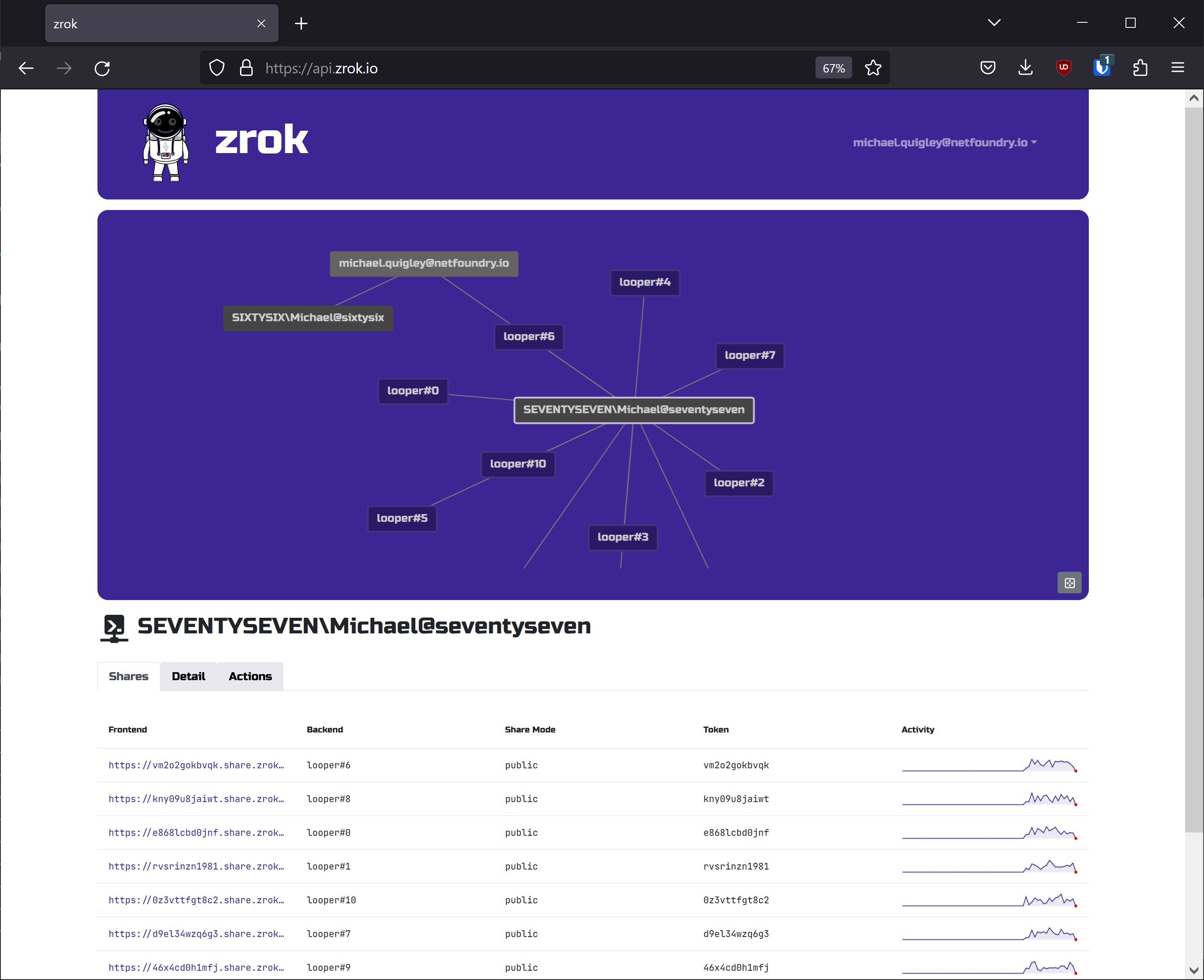The Road Ahead for zrok
If you're not sure what
zrokis, see our blog post introducingzrok.
Now that v0.3 has been released the zrok team is spending time collecting feedback and building our roadmap for what's coming next in v0.4.
As always, our project board on Github is always up to date with the latest low-level roadmap details. Don't forget to see the tabs at the top of the board for specific views filtering on each major release.
Here's a high-level preview of some of the things that we're working on for zrok v0.4.

